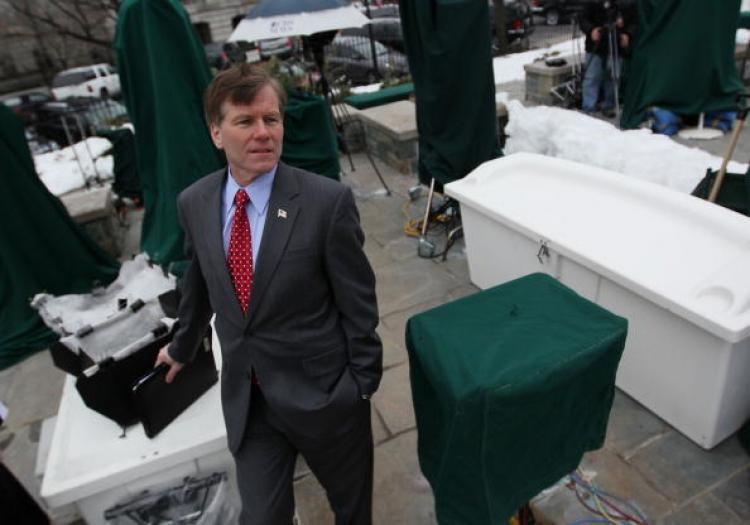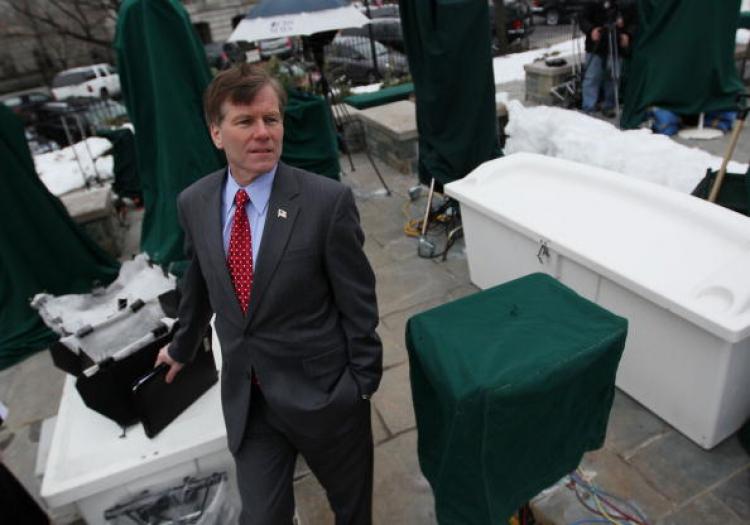Under intense public criticism, the governor of Virginia changed the wording in a proclamation celebrating Confederate History Month to include a statement about slavery.
Republican Governor Bob McDonnell, who has only been in his job for a few months, declared April 2010 Confederate History Month at the request of a group called Sons of Confederate Veterans.
The proclamation, which has been issued in the past but not in recent years, largely remarked on the historical significance of the civil war, and the southern states as a Confederacy in the Civil War period.
It was met with a firestorm of criticism from Black leaders.
“This decision by the Governor disrespects history and the people of Virginia and is a tragic break from his Republican predecessors who acknowledged the painful legacy of slavery,” said Benjamin Jealous, Chairman and CEO of the NAACP in a statement on Wednesday.
Jealous added that by issuing a proclamation celebrating the Confederacy, McDonnell was honoring “the legacy of a movement that promoted slavery.”
By the close of business on Wednesday, Governor McDonnell issued a lengthy statement on the issue.
“The proclamation issued by this Office designating April as Confederate History Month contained a major omission,” said McDonnell in his statement. “The failure to include any reference to slavery was a mistake, and for that I apologize to any fellow Virginian who has been offended or disappointed. The abomination of slavery divided our nation, deprived people of their God-given inalienable rights, and led to the Civil War. Slavery was an evil, vicious and inhumane practice which degraded human beings to property, and it has left a stain on the soul of this state and nation.”
McDonnell went on to point out that his office had declared February 2010 Black History Month; a common practice, as the month also has the same federal designation.
2010 is the 150-year anniversary of the Civil War, and the Virginia Legislature has been working to promote regional history, and create recognition programs and activities for the occasion.
According to McDonnell’s Press Secretary Stacey Johnson, there is “no set standard” for how proclamations are requested. The governor could be at an event and decide to issue a proclamation, it could come through as a request from an organization or an individual, the Press Secretary could make the suggestion, and so forth. However, the final approval for a proclamation typically goes through several people.
The altered proclamation, which was issued Thursday, included a lengthy paragraph about slavery.
“It is important for all Virginians to understand that the institution of slavery led to this war,” reads the proclamation “…and was an evil and inhumane practice that deprived people of their God-given inalienable rights and all Virginians are thankful for its permanent eradication from our borders, and the study of this time period should reflect upon and learn from this painful part of our history.”






